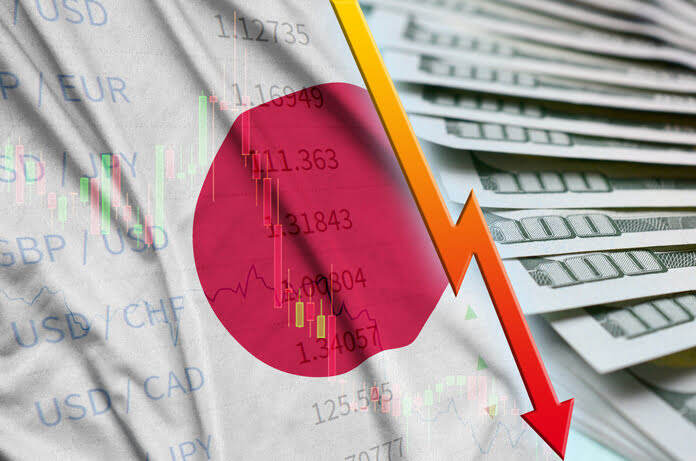Japan’s unexpected descent into recession at the close of last year has led to the country ceding its position as the world’s third-largest economy to Germany. Concerns about the timing of the central bank’s exit from its long-standing ultra-loose monetary policy have been raised in the wake of this downturn.
Attributing the decline to sluggish demand from telecommunications and cable service providers, CEO Charles Robbins highlighted a weak macroeconomic environment and cautious deal-making as contributing factors. Analysts have expressed concerns over a potential contraction in the current quarter due to weak demand in China, sluggish consumption, and production halts at a unit of Toyota Motor Corp.
While the Bank of Japan (BOJ) has previously indicated plans to phase out its monetary stimulus, the weak economic data may impede these efforts. Economy Minister Yoshitaka Shindo stressed the importance of solid wage growth to drive consumption, which he described as lacking momentum due to rising prices.
Despite reassurances from the BOJ regarding borrowing costs, yields on Japanese government bonds fell as traders pushed back bets on an early policy shift. The benchmark 10-year yield dropped, and the Nikkei stock average rallied to 34-year highs.
The decline in Japan’s nominal GDP below that of Germany underscores the economic challenges facing the country. Weakness in private consumption and capital expenditure, coupled with uncertainties surrounding investment and rising living costs, further cloud the economic outlook.
While the BOJ has hinted at a possible end to negative interest rates, the timing remains uncertain. With geopolitical tensions and global economic risks looming, the path to recovery for Japan’s economy remains fraught with challenges.
Featured Image: Freepik















